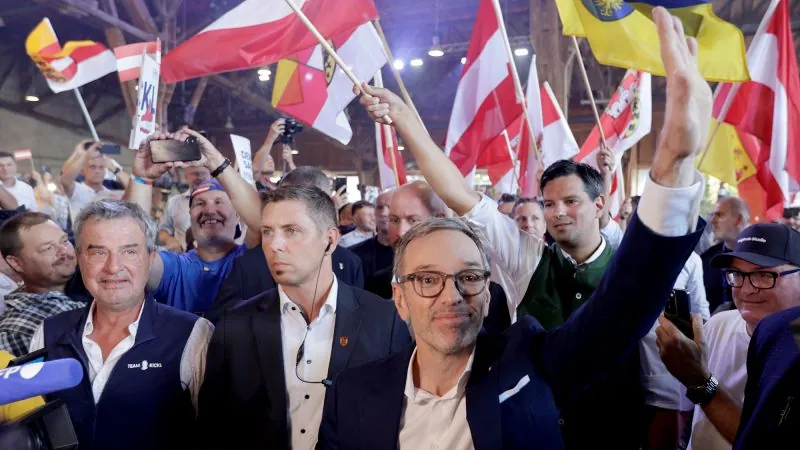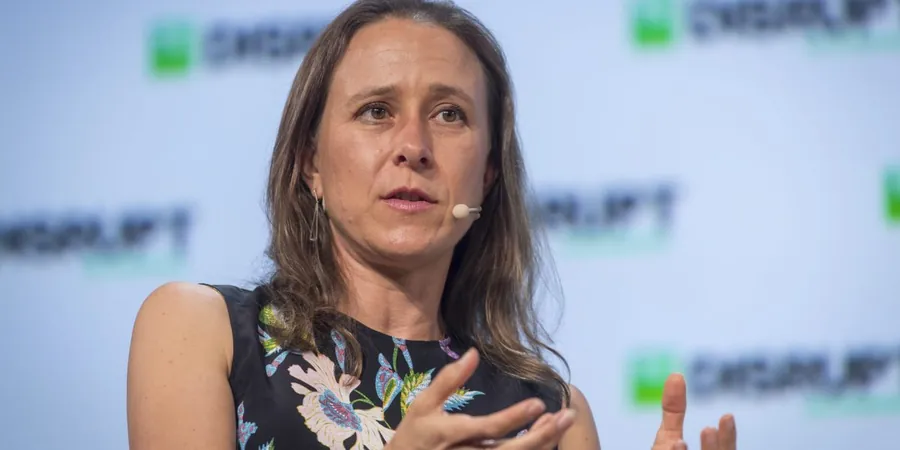
Austria’s Far-Right Freedom Party Set to Dominate Elections: A Closer Look at its Rise
2024-09-28
A Brief History of the FPÖ
The FPÖ is not a newcomer to Austria’s political scene; it is often referred to as the “grandfather” of European far-right parties. This politically savvy party has a history that intertwines with Austria’s post-World War II era and reflects broader European sentiments regarding immigration, sovereignty, and national identity. Originally founded in 1956, the FPÖ has had a tumultuous journey. Initially comprised of former Nazis and right-wing nationalists, the party has undergone a significant transformation. Politically, it has shifted between far-right and more centrist positions over the decades. In 1999, under the leadership of Jörg Haider, the party achieved 27% of the vote in national elections, forming a coalition with the center-right Austrian People’s Party (ÖVP). This marked a pivotal moment, placing the FPÖ in a position of power in Austrian politics and drawing substantial attention from the European Union.
Recent Developments and Scandals
The FPÖ has recently faced scrutiny due to scandals including the infamous “Ibiza-gate” incident in 2019, which led to the downfall of the government coalition it was part of. Despite this, the party remains resilient. Herbert Kickl, a prominent figure known for his far-right rhetoric, has been leading the party since 2021. He has ambitious plans, promising to transform Austria into a “fortress” nation and positioning himself as the “Volkskanzler” or “people's chancellor,” a term that has stirred controversy due to its associations with Austria's historical misdeeds.
Key Policy Stances
In the upcoming election, various challenges dominate the political discourse, including the rising cost of living, national security concerns heightened by recent terror plots, climate change, and the ongoing war in Ukraine. The FPÖ seeks to capitalize on public discontent, advocating for stricter immigration controls, the repatriation of individuals to their countries of origin, and economic measures aimed at supporting low-income citizens. The party's staunch opposition to EU sanctions on Russia echoes its long-standing anti-EU sentiments and aligns with its connection to Hungary’s Fidesz party, led by Viktor Orban. Additionally, the FPÖ has harnessed anti-vaccine sentiments, positioning itself against pandemic-related restrictions and promoting skepticism towards government-sanctioned health measures.
The Road Ahead: Possible Outcomes
Polling forecasts indicate the FPÖ is likely to secure around 27% of the vote, edging out the ruling ÖVP at 25% and the center-left Social Democrats (SPÖ) at 20%. Should the FPÖ secure a win, it might find itself in coalition negotiations with the ÖVP, although tensions with current Chancellor Karl Nehammer—who has expressed reluctance to partner with Kickl—could complicate this prospect. Political analyst Heinisch Reinhardt asserts that the FPÖ's representation in government could either strengthen or challenge Austria's political framework, depending on whether they take the lead or share power with other parties. This outcome could also have broader implications, potentially boosting far-right movements across Europe. In conclusion, as Austria prepares for this critical election, the dynamics surrounding the FPÖ’s potential ascendance not only reflect national sentiments but also resonate with wider trends seen across Europe. The implications of such political shifts could influence not just domestic policies but alter the larger European political climate—a scenario worth watching closely.




 Brasil (PT)
Brasil (PT)
 Canada (EN)
Canada (EN)
 Chile (ES)
Chile (ES)
 España (ES)
España (ES)
 France (FR)
France (FR)
 Hong Kong (EN)
Hong Kong (EN)
 Italia (IT)
Italia (IT)
 日本 (JA)
日本 (JA)
 Magyarország (HU)
Magyarország (HU)
 Norge (NO)
Norge (NO)
 Polska (PL)
Polska (PL)
 Schweiz (DE)
Schweiz (DE)
 Singapore (EN)
Singapore (EN)
 Sverige (SV)
Sverige (SV)
 Suomi (FI)
Suomi (FI)
 Türkiye (TR)
Türkiye (TR)